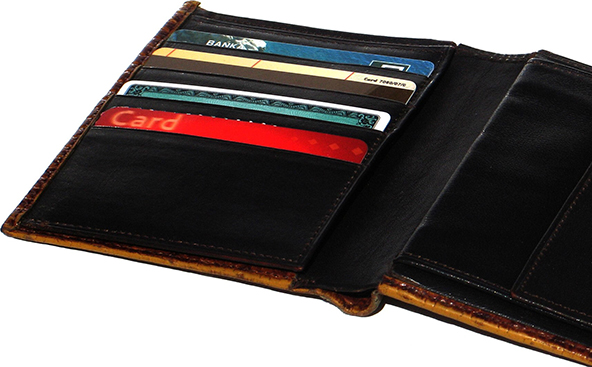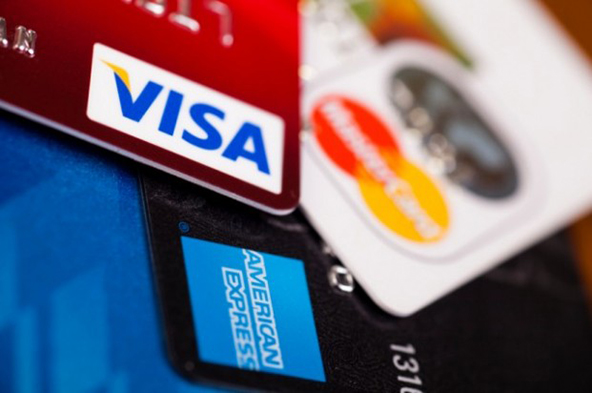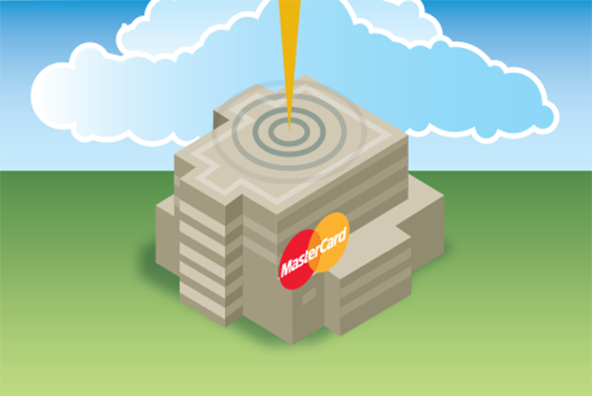Pick Your Card: Credit, Debit or Prepaid

There have been some huge changes in the payment card landscape in the past few months that have left none of the major card types unaffected. Many credit card users, for example, are enjoying a huge rise in the availability and quality (especially the latter!) of rewards programs. Similarly, the quality of prepaid cards has vastly improved in the past few months, to the point where AmEx is now offering a largely fee-free prepaid card, which can also help consumers with good track records but poor credit scores, upgrade to a charge card. Debit cards, however, have gone in the other direction in the wake of the Durbin Amendment, as issuers are doing their best to drive consumers away from debit and towards using one of the other card types.
So how does all that affect us? Should we be making any adjustments to our payment preferences in response to everything that’s been going on lately? Well, the answer would depend on your particular circumstances. If you had a high credit score, for example, you would have all options available to you, but that would not be the case for someone with a sub-par score. Either way, you would need to know the pluses and minuses of the card types available to you, so that you could pick the one that would serve you the best. To help you do that, I have made a comparison between the credit, debit and prepaid cards features that have the biggest impact on their users.
Credit, Debit or Prepaid: What to Look For
1. How do they work? Credit cards are linked to a line of credit, extended to you by the card issuer. So you spend someone else’s money. The main advantage of credit cards is that you have an interest-free “grace period” of 20 – 25 days, in which you are using the issuer’s money interest-free. However, if you do not pay off the balance in full at the end of the monthly cycle, the interest begins to accrue. Debit and prepaid, on the other hand, are linked to your own money. The main difference between the two is that a debit card is linked to your checking account, which typically makes it more flexible than prepaid.
2. When is interest charged? Interest is charged on the outstanding credit card balance that is left after you have made your monthly payment and after the zero-percent promotional rate has expired (if applicable). With prepaid and debit there is no interest, because it is your own money you are spending.
3. When is an overdraft fee charged? Overdraft fees can be assessed if you don’t have enough money in your account to cover the amount of a credit or debit card transaction, but the payment is still processed. However, the issuer cannot do so, unless you have explicitly accepted the overdraft protection. Overdraft is not available for prepaid transactions.
4. What other fees can be charged? To answer this question, you would have to read carefully the terms and conditions of the card you are considering applying for. For credit cards, some typical examples include a balance transfer fee that is in addition to the balance transfer interest rate, a cash advance fee, a foreign-currency conversion fee or an annual fee. Typical for debit cards are fees for withdrawals from non-network ATMs and overdraft. The possible prepaid card fees are too many to list, so just make sure you read the fine print in its entirety.
5. What is your liability for unauthorized transactions? Your losses from fraudulent or otherwise unauthorized credit card transactions are limited to $50, however the issuers typically absorb the full amount. For debit cards, your liability is also $50, but only if you report your card as lost or stolen within two days of the incident. Otherwise, your liability could be as high as $500 or more. With general-purpose prepaid cards there are no regulatory limits on your liability, so unless your issuer has different policies, you are responsible for the entire amount of any financial loss. Payroll prepaid cards are covered by the same rules as debit cards.
6. How can terms and conditions be changed? The CARD Act of 2009 requires credit card issuers to give cardholders a notice of any changes in their interest rates or fees 45 days in advance. However, the cardholder has the right to refuse a proposed rise in the interest rate, in which case the card will be closed and the remaining balance will be repaid on the original terms. For debit and payroll cards the advance notice must be given 21 days before the changes are scheduled to take effect. There is no such requirement for general-purpose prepaid cards.
7. What types of rewards are available? There are many different credit card rewards programs, while there are none for prepaid cards and, post-Durbin, there are virtually none for debit cards as well.
8. Which card types affect my credit score? Credit card use affects your credit score directly, while prepaid and debit have no affect at all.
The Takeaway
If used prudently, credit cards are by far the most valuable type of payment card. Credit card users get access to interest-free money for the first 20 – 25 days, can collect various rewards, can build their credit history and are best protected against fraud. So, if given the option, I see no reason why one should choose any other card type over credit. However, things look very differently if you spend more than you can pay back at the end of the month. That may be OK for the duration of a zero-percent APR introductory period, but you will still have to be careful not to go overboard with your spending. And if you can’t control your spending, you will probably be better off sticking to debit or prepaid.
Image credit: Captico.com.



I’m a credit card user, practically never use my debit card, never mind a prepaid card. Why would I, when I don’t get any cash back for using debit or prepaid?
I’ll stick to my prepaid card for now — it can’t get me in trouble.